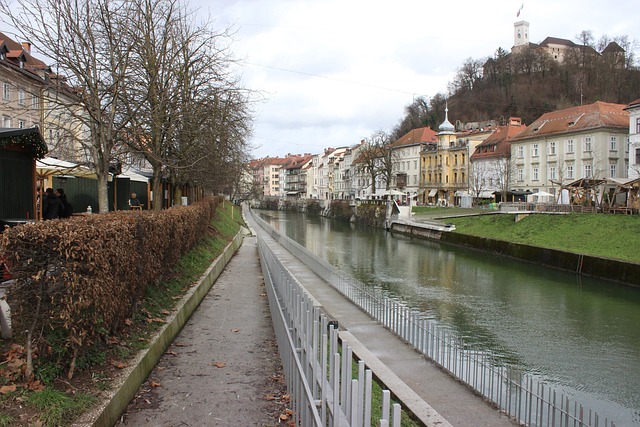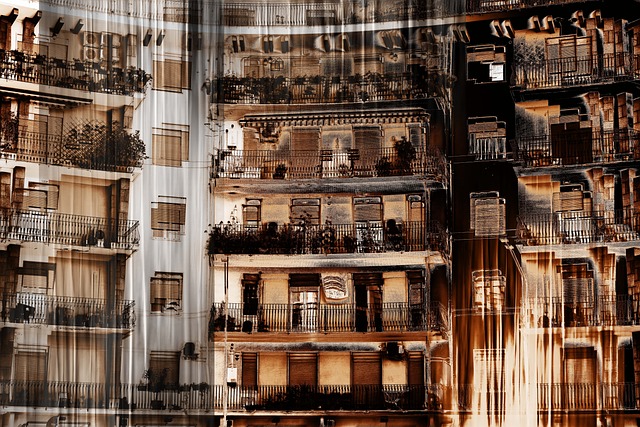In the heart of Karachi, the Abdullah Shah Ghazi Mazar is a historic and cultural landmark dedicated to a 19th-century religious scholar, celebrating the city's Islamic identity. This revered site serves as a spiritual gathering place showcasing Karachi's diverse tapestry through architectural grandeur and cultural events, attracting locals and tourists alike.
“In the heart of Karachi, Pakistan’s vibrant metropolis, lies a serene landmark that transcends mere geography—Abdullah Shah Ghazi Mazar. This sacred space not only serves as a historical beacon but also deeply influences the urban landscape and community dynamics of the city. Understanding its origins and cultural significance is key to appreciating Karachi’s rich tapestry. The article delves into the unique proximity of the Mazar, exploring how its geographical position enhances its role as a cultural hub in the bustling city.”
- Understanding Abdullah Shah Ghazi Mazar in Karachi: A Historical and Cultural Perspective
- – Tracing the origins and significance of the Mazar
Understanding Abdullah Shah Ghazi Mazar in Karachi: A Historical and Cultural Perspective

In the heart of Karachi, Pakistan’s vibrant metropolis, lies a significant historical and cultural landmark known as Abdullah Shah Ghazi Mazar. This revered site holds deep importance for both Muslims and the city’s diverse population. The mazar, or tomb complex, is dedicated to Sheikh Abdullah Shah Ghazi, a prominent religious scholar and leader who played a pivotal role in shaping Karachi’s Islamic identity during the 19th century. Understanding this landmark involves delving into the rich history of the city and its evolution as a cultural hub.
Karachi’s historical narrative is intertwined with the life and teachings of Sheikh Abdullah Shah Ghazi. His efforts to establish a strong Muslim community and promote religious education left an indelible mark on the city. The mazar serves as a focal point for spiritual gatherings, attracting visitors from across Karachi and beyond. Its architectural grandeur, adorned with intricate designs, reflects the artistic heritage of the region. Moreover, it stands as a symbol of resilience and unity, hosting various cultural events that celebrate Karachi’s diverse tapestry.
– Tracing the origins and significance of the Mazar

The Abdullah Shah Ghazi Mazar, a revered and iconic landmark in Karachi, Pakistan, holds deep cultural and historical significance. Its origins trace back to the 19th century when the city was a bustling colonial port, reflecting a fusion of local traditions and foreign influences. The mazar, or shrine, is dedicated to Abdullah Shah Ghazi, a Sufi saint who played a pivotal role in spreading Islamic teachings and establishing spiritual connections among the diverse communities of Karachi.
This sacred site has become a symbol of unity and peace for folks from all walks of life in Karachi. Its proximity to the bustling city center makes it easily accessible, drawing both locals and tourists who come to pay their respects and experience the serene ambiance. The mazar’s architecture seamlessly blends traditional Islamic design elements with local craftsmanship, showcasing the rich cultural tapestry of the region.
Abdullah Shah Ghazi Mazar in Karachi stands as a vibrant testament to the city’s rich historical and cultural tapestry. This sacred site, deeply revered by many, encapsulates the spirit and resilience of its people. Understanding its origins and significance offers a glimpse into Karachi’s diverse heritage, making it an essential destination for those exploring the soul of this bustling metropolis.



